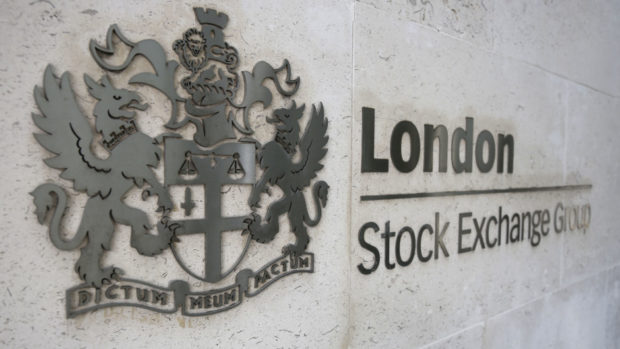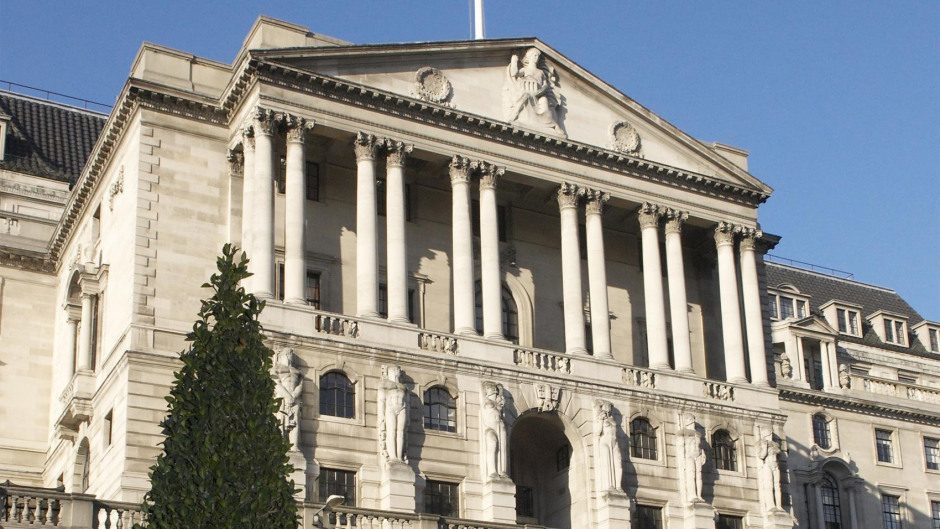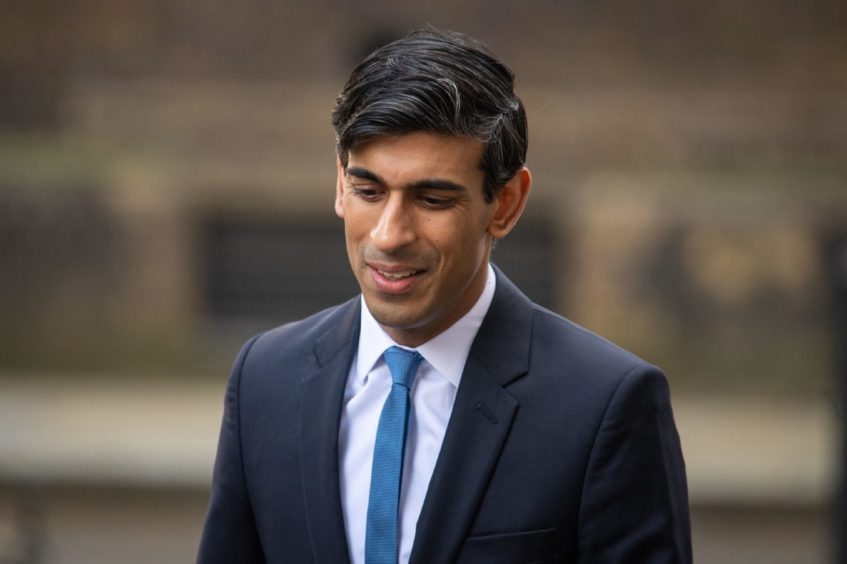A leading economist has warned that the coronavirus crisis could push the world into a “depression” while making national and international politics “even more dysfunctional”.
Professor Charles Nolan, the Bonar MacFie chair in economics at Glasgow University, predicted it would take “many years” for the financial system to recover from the “enormous shock” caused by the pandemic.
The former senior adviser at the Bank of England was speaking in the week that Scotland’s chief economist Gary Gillespie warned the nation’s GDP could drop by an unprecedented 33% as a result of the outbreak.
On Thursday, meanwhile, experts on the Scottish Fiscal Commission are due to report on the budget implications of the crisis for Holyrood.
Prof Nolan said the impact of the virus would be evident in the global economy for a long time.
He told The Press and Journal: “I think the coronavirus is an enormous shock that threatens to push the world into a depression.
“It seems policymakers are alive to this possibility and are taking more or less bold steps to avoid such a depression.
“But one way or another, the impact of the virus will be with us for many years.
“Even if a prolonged economic slump and badly weakened financial sector is avoided (not certain as things stand), the fiscal consequences will be with us for many years, just like the fiscal consequences of the last big shock, the financial crisis of 2008/09, are still with us.”
Much of the economy has ground to a halt during the lockdown and government borrowing is expected to soar after Chancellor Rishi Sunak announced around £40 billion of direct tax and spending measures to support businesses and the economy, as well as schemes to help firms retain employees, which could cost more than £50bn.
Prof Nolan, who taught at the universities of Reading, Durham and St Andrews before joining Glasgow University in 2010, said significant political challenges would have to be addressed in the aftermath of the pandemic.
“The coronavirus shock also complicates all the challenges we were facing before it arrived: Brexit, funding of the NHS and end of life care, funding of higher education, housing, and much else besides,” he said.
“All attention at the moment is rightly focused on getting through the crisis.
“As the crisis phase eases, the challenges facing policymakers will be enormous.
“Our national and international political relations could become rancorous and even more dysfunctional, just when we need them to be just the opposite.”













